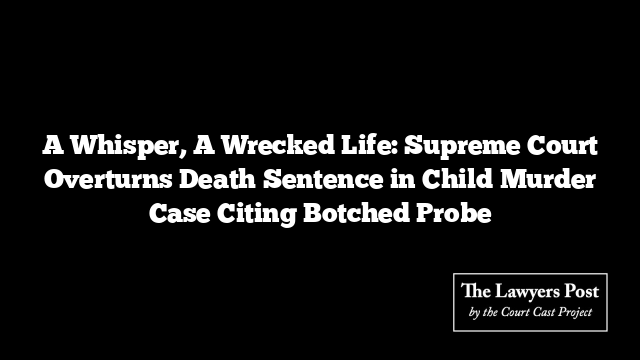In a significant judicial recalibration, the Supreme Court declared on Monday that High Courts do have the authority to quash complaints under Section 12 of the Protection of Women from Domestic Violence Act, 2005—using their inherent powers under Section 482 of the Code of Criminal Procedure (now echoed in Section 528 of the Bharatiya Nagarik Suraksha Sanhita, 2003).
But the Court didn’t hand over a free pass. It made clear that such interference should be reserved for exceptional cases—where clear injustice or procedural abuse is visible.
“Caution and circumspection,” the bench emphasized, should be the lens through which High Courts evaluate such pleas, given the sensitive objectives of the DV Act.
The decision came from a bench led by Justices AS Oka and Ujjal Bhuyan, marking a departure from an earlier stance that Justice Oka himself had endorsed during his tenure at the Bombay High Court in 2016. That earlier view had denied the applicability of Section 482 to proceedings under Section 12(1) of the DV Act.
But now, with the benefit of time and further legal introspection, Justice Oka acknowledged the shift: “We are duty-bound to correct our mistakes in properly considered proceedings. Even for judges, the learning process always continues.”
The verdict not only settles a long-standing legal ambiguity but also underscores the judiciary’s capacity for self-correction—quietly, thoughtfully, and firmly.





